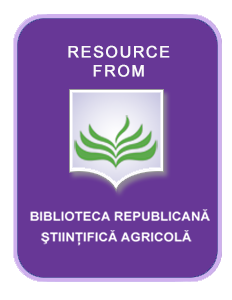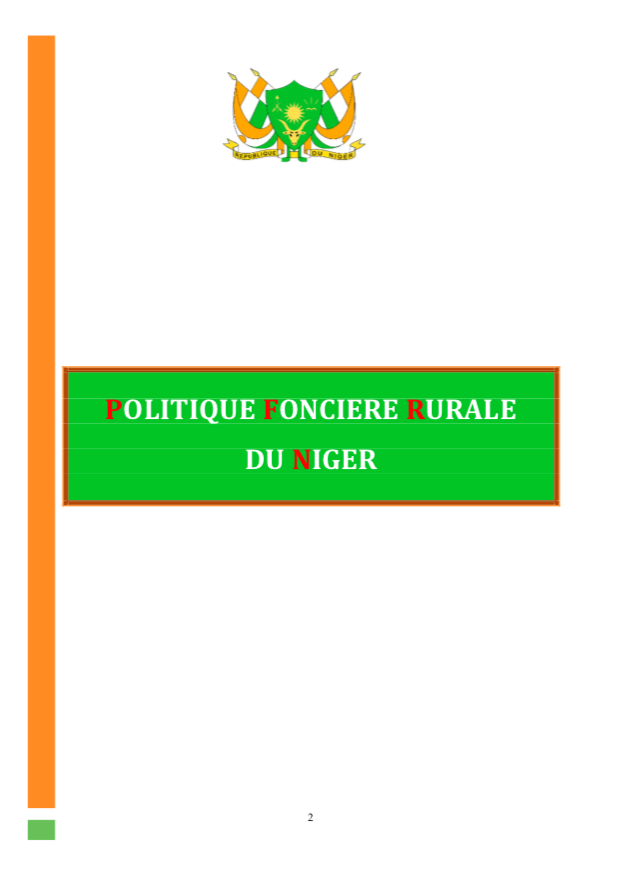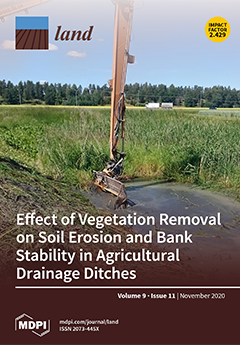Liveability Dimensions in New Town Developments: An Overview of Senri New Town and Purbachal New Town
Since the 1960s new town developments within large metropolises have been widely adopted to decongest the city centres especially in Asian cities This paper provides a brief account of the liveability dimensions of two new townships developed in large metropolitan areas Senri New Town in Osaka and Purbachal New Town in Dhaka The study primarily draws on master plans of the two developments to identify how the components of the plans reflect the physical social functional and safety dimensions of a proposed liveability framework The methodology combines a review of masters plans with scholar







